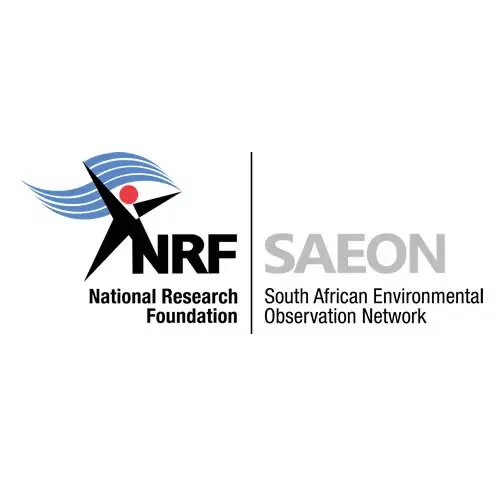Field Technician: Biodiversity
Permanent2 days ago
Employment Information
Key Responsibilities:
- Lead and manage long-term ecological and biodiversity observation programmes at the Grasslands Node·s LTER (Long-Term Ecological Research) sites
- Conceptualise, plan, and implement biodiversity monitoring initiatives to upgrade and expand ecological research at the Grasslands Node, promoting continuous improvement and innovation, with a particularly focus on social ecological system dynamics.
- Provide technical and scientific support on ecological observations to SAEON staff, students, visiting scientists, and collaborators, contributing to impactful knowledge generation.
- Ensure timely and accurate capture of biodiversity data, following established Standard Operating Procedures (SOPs).
- Develop new SOPs when needed, fostering consistency and quality across ecological monitoring efforts.
- Develop and implement data management protocols that meet required standards, ensuring accurate archiving of both biodiversity and hydrometeorological data3in collaboration with other SAEON nodes where applicable
- Conduct data quality control, perform statistical analyses (basic to advanced), and interpret ecological datasets3including large-scale biodiversity and environmental data3to identify trends and their implications for society.
- Carry out remote sensing analysis using various GIS platforms (mainly QGIS and SAGA), and through coding in R, Python, and Java (Google Earth Engine), supporting robust spatial product development.
- Develop innovative decision-support and engagement tools such as interactive sensor dashboards, status reports, and contribute to policy briefs.
- Manage and maintain spatial datasets relevant to the Node·s work.
- Take responsibility for securing and archiving all datasets relevant to the node, ensuring appropriate metadata is recorded and maintained, including those generated by staff, collaborators, and students3and Publish Digital Object Identifiers (DOIs) for node related datasets through the SAEON Open Data Portal.
- Actively participate in SAEON technical forums to help advance standardized SOPs and automated data pipelines.
- Co-develop research and funding proposals to support the Node·s strategic goals.
- Support science engagement and outreach activities, including stakeholder interaction and learner development programmes.
- Contribute to SAEON Grasslands Node's academic output through scientific publications and conference presentations.
- Build and maintain strong relationships with internal and external stakeholders to maximise knowledge and societal impact and ensure effective delivery of scientific products.
- Support the Node·s operational and administrative functions, including supply chain management, asset and fleet coordination, and logistical planning.
- Mentor and train node students and interns, in particular with respect to plant identification, ecological sampling methods, coding and statistical approaches.
- (Co)-Supervise SAEON Grasslands Node Biodiversity technician: Wetlands
Key Requirements:
Qualification:
- NQF 9 2Maters in related field (Botany, Ecology)
- PhD (Ecology/Botanical) (NQF 10) will be advantageous
Experience:
- At least 4 years of relevant post-qualification operational work experience in in-situ field observations associated with biodiversity and associated data management and analysis as well as logistical coordination.
- At least 3-years·experience working in remote locations and or areas with dangerous game for extended periods.
- At least 3 years off-road driving experience
- Demonstrated experience working in multidisciplinary teams and with a diversity of stakeholders.
- Knowledge:
- Expert knowledge of grassland plant communities and associated ecolog
- Understanding of ecological sampling and research principles and field sampling techniques
- Competency in herbarium specimen identification and curation of specimen
- Practical competency with respect to power tool operations and equipment managemen
- Background in quantitative analysis of environmental/ ecological data for grassland and savanna biomes including strengths statistics and/or statistical modelling
- Data management principles and skills including (advanced) data pipeline management (package development
- (Advanced) coding skills in at least one programming language (usually R, Python, bash, and SQL)
- (Advanced) statistical analysis techniques, machine learning and artificial intelligence
- Health and safety and risk management
- Data visualisation and presentation
- Good writing and reporting skills
- Intellectual curiosity
- Good organisation, planning, problem solving, self-management, project management and coordination skills.
- Strong interpersonal, collaboration and communication skills for interacting with technical and non-technical colleagues and collaborators, to work cooperatively with a wide range of people (peers, scientists, students, land owners and project collaborators/stakeholders).
Job location
South African Environmental Observation Network (SAEON)Field Technician: Biodiversity 1 Vacancy-Permanent 56 Florence St, Colbyn, Pretoria, Gauteng, South Africa |


